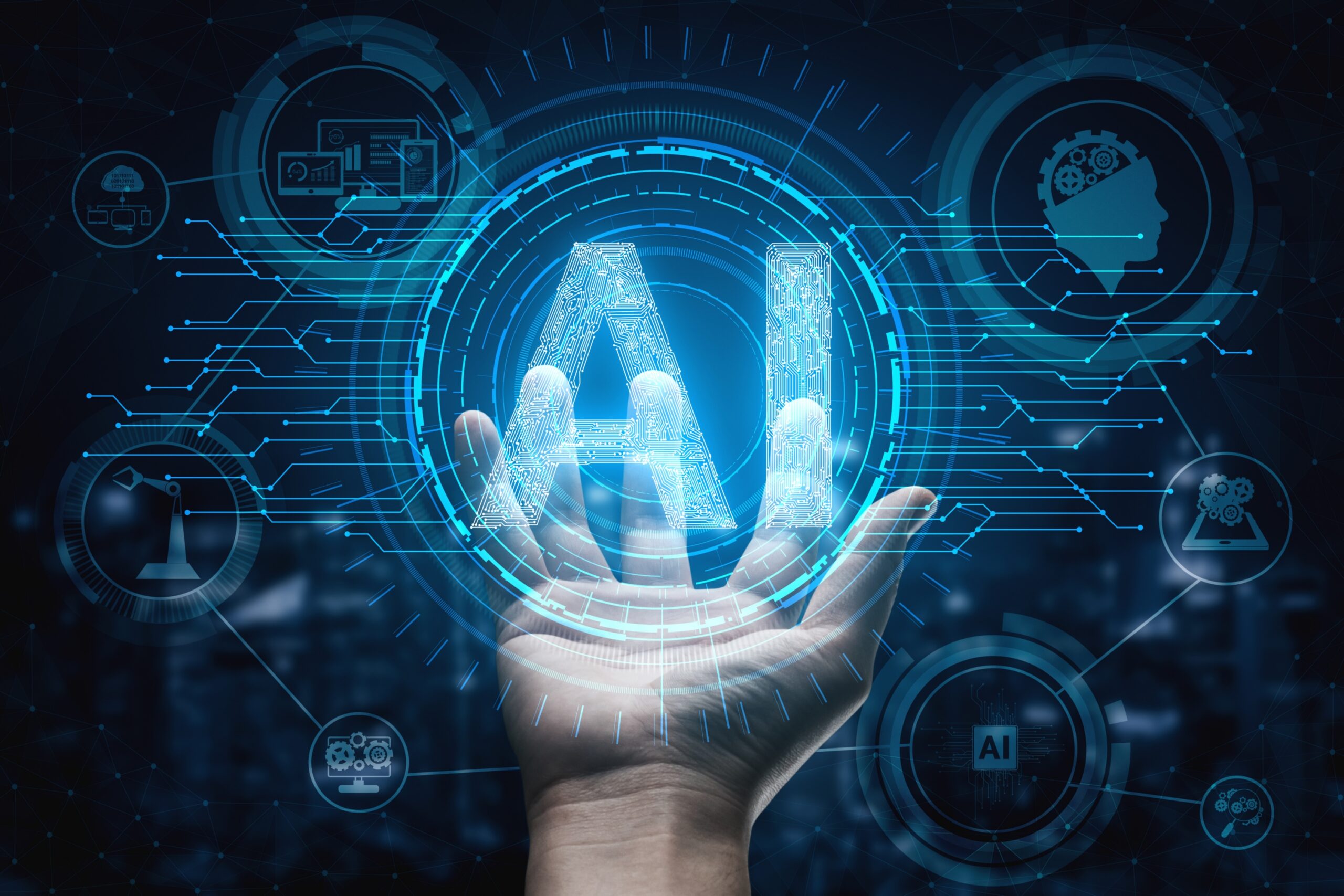Artificial intelligence (AI) has revolutionized various industries in recent years, and marketing is no exception. Integrating AI into marketing strategies has transformed how businesses interact with customers, analyse data, and optimize campaigns. This blog explores the rise of AI in marketing, its benefits, and how it is shaping the industry’s future.
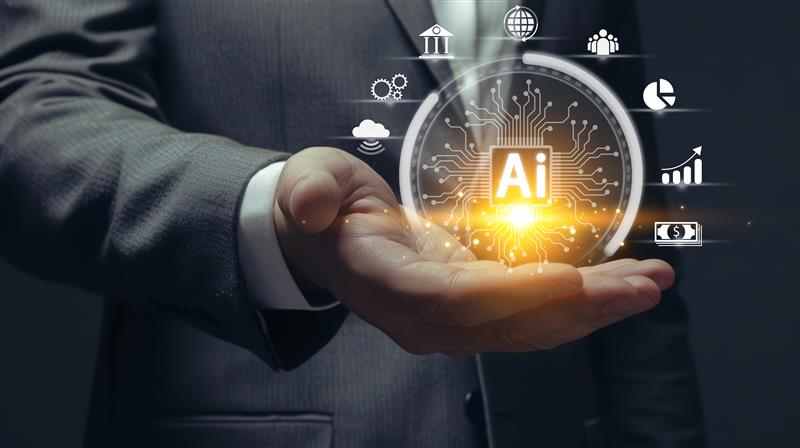
Understanding AI in Marketing
AI in marketing refers to using machine learning algorithms, data analytics, and automation to enhance marketing efforts. AI technologies can process vast amounts of data, identify patterns, and make predictions, enabling marketers to make data-driven decisions. From chatbots to personalised recommendations, AI is becoming an integral part of modern marketing strategies.
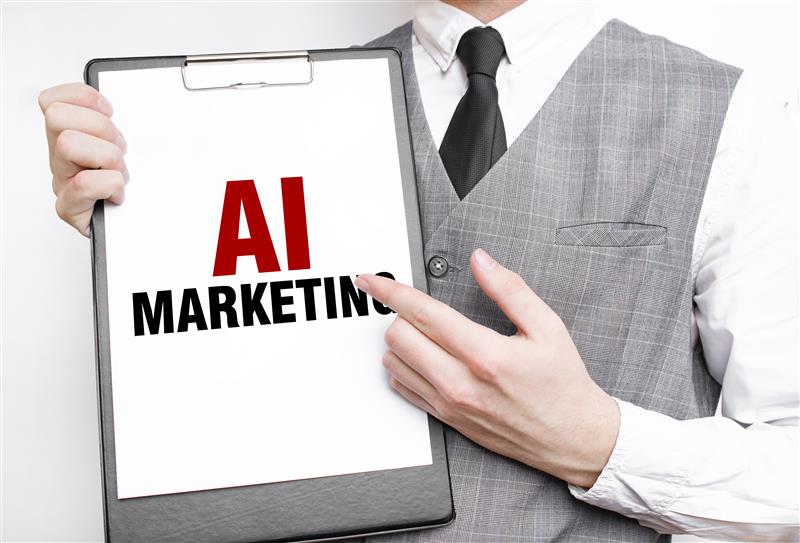
Benefits of AI in Marketing
- Enhanced Customer Insights: AI can analyse customer data to provide deeper insights into consumer behaviour, preferences, and trends. This allows marketers to create more targeted and effective campaigns.
- Personalization: AI enables personalised marketing by analysing individual customer data and delivering tailored content and recommendations. This improves customer engagement and satisfaction.
- Automation: AI-powered tools can automate repetitive tasks such as email marketing, social media posting, and ad placement. This saves time and resources, allowing marketers to focus on strategic activities.
- Predictive Analytics: AI can predict future trends and customer behaviour based on historical data. This helps marketers anticipate customer needs and optimise their strategies accordingly.
- Improved ROI: By optimising campaigns and targeting the right audience, AI can significantly improve return on investment (ROI) for marketing efforts.
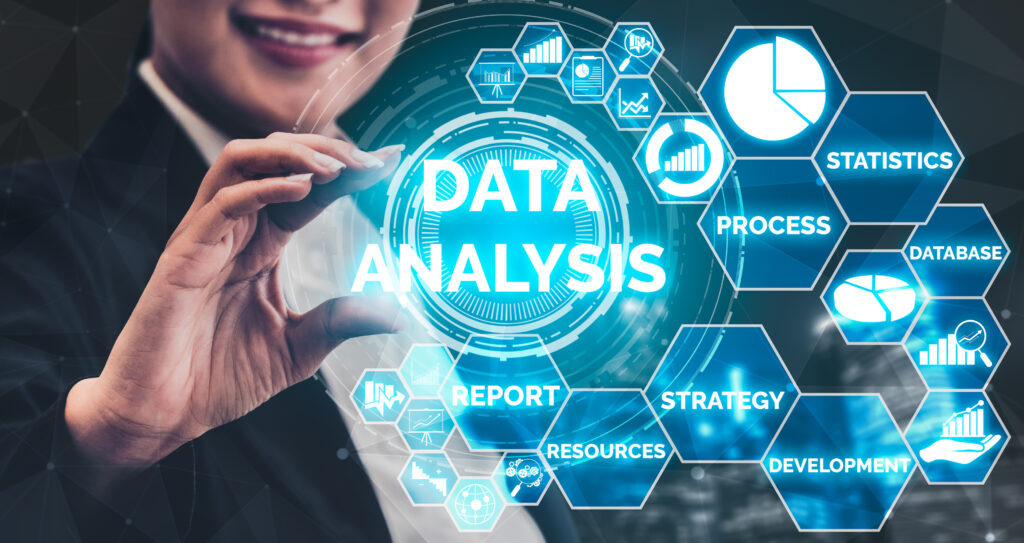
Applications of AI in Marketing
- Chatbots and Virtual Assistants: AI-powered chatbots and virtual assistants provide instant customer support and engagement. They can answer queries, provide recommendations, and even process transactions, enhancing the customer experience.
- Content Creation: AI tools can generate content such as blog posts, social media updates, and product descriptions. This helps marketers maintain a consistent content strategy without the need for extensive manual effort.
- Email Marketing: AI can analyse customer data to create personalised email campaigns. It can determine the best time to send emails, the most effective subject lines, and the content that resonates with each recipient.
- Social Media Marketing: AI can analyse social media trends and user behaviour to optimise social media campaigns. It can identify the best times to post, the most engaging content, and the influencers who can amplify the brand’s message.
- Ad Targeting: AI can analyse user data to deliver highly targeted ads. It can identify the right audience, determine the best platforms, and optimise ad spending to maximise ROI.
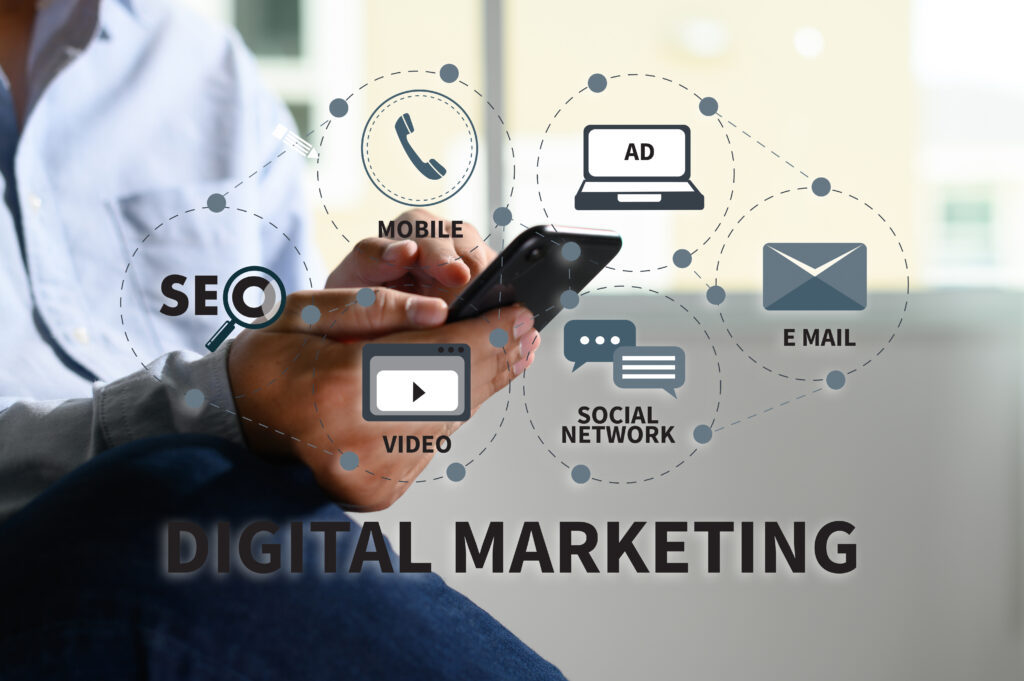
Challenges and Considerations
While AI offers numerous benefits, there are also challenges and considerations to keep in mind:
- Data Privacy: The use of AI in marketing requires access to vast amounts of customer data. Ensuring data privacy and compliance with regulations such as GDPR is crucial.
- Bias and Fairness: AI algorithms can sometimes exhibit bias, leading to unfair targeting or exclusion of certain groups. Marketers must ensure that their AI systems are fair and unbiased.
- Integration: Integrating AI into existing marketing systems can be complex and require significant investment. Businesses must be prepared for the technical and financial challenges involved.
- Human Touch: While AI can automate many tasks, the human touch remains essential in marketing. Marketers must strike a balance between automation and personal interaction to maintain customer trust and loyalty.

The Future of AI in Marketing
The future of AI in marketing looks promising, with continuous advancements in technology and increasing adoption by businesses. Here are some trends to watch:
- Voice Search and AI Assistants: With the rise of voice-activated devices, optimising for voice search and integrating AI assistants into marketing strategies will become increasingly important.
- Augmented Reality (AR) and Virtual Reality (VR): AI-powered AR and VR experiences can provide immersive and interactive marketing opportunities, enhancing customer engagement.
- AI-Driven Customer Experience: AI will continue to enhance customer experience by providing personalised and seamless interactions across various touchpoints.
- Ethical AI: As AI becomes more prevalent, there will be a greater focus on ethical AI practices, ensuring transparency, fairness, and accountability in marketing.

The Future of Marketing: AI’s Role and Ethical Considerations
The rise of AI in marketing is transforming the industry, offering numerous benefits and opportunities for businesses. By leveraging AI technologies, marketers can gain deeper insights, personalize experiences, automate tasks, and optimize campaigns. However, it is essential to address the challenges and ensure ethical practices to fully harness the potential of AI in marketing.
The future of marketing is undoubtedly intertwined with AI, and businesses that embrace this technology will be well-positioned for success.
